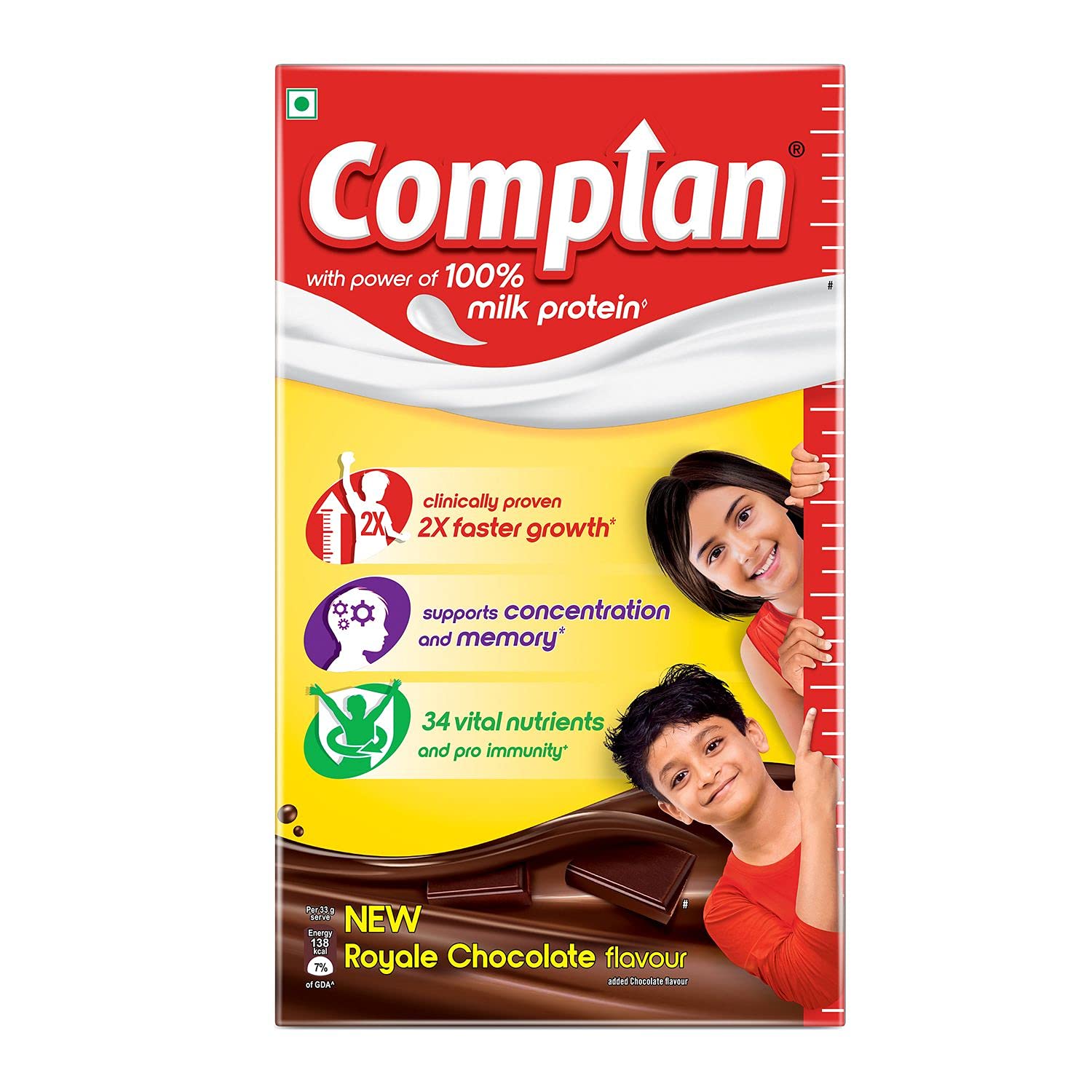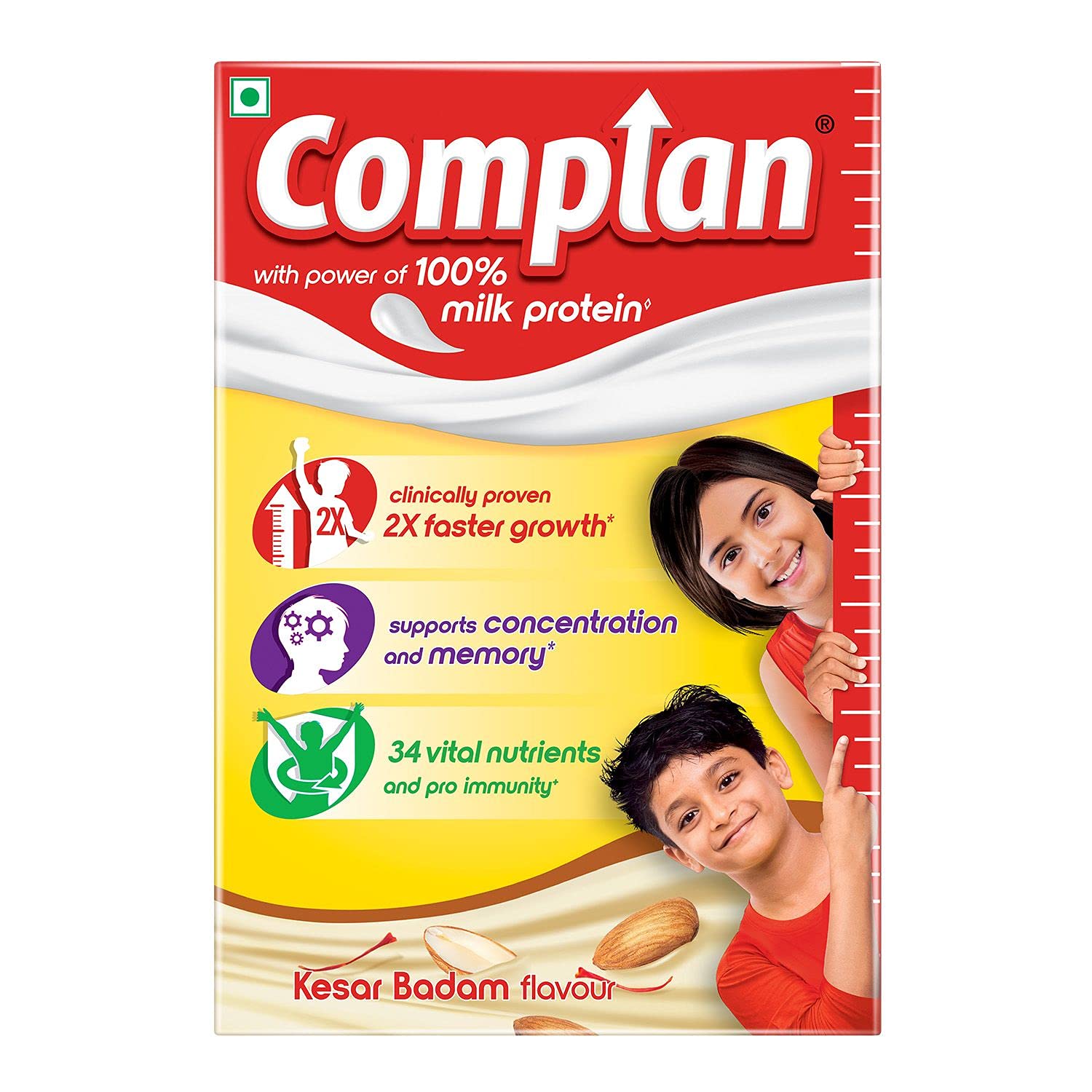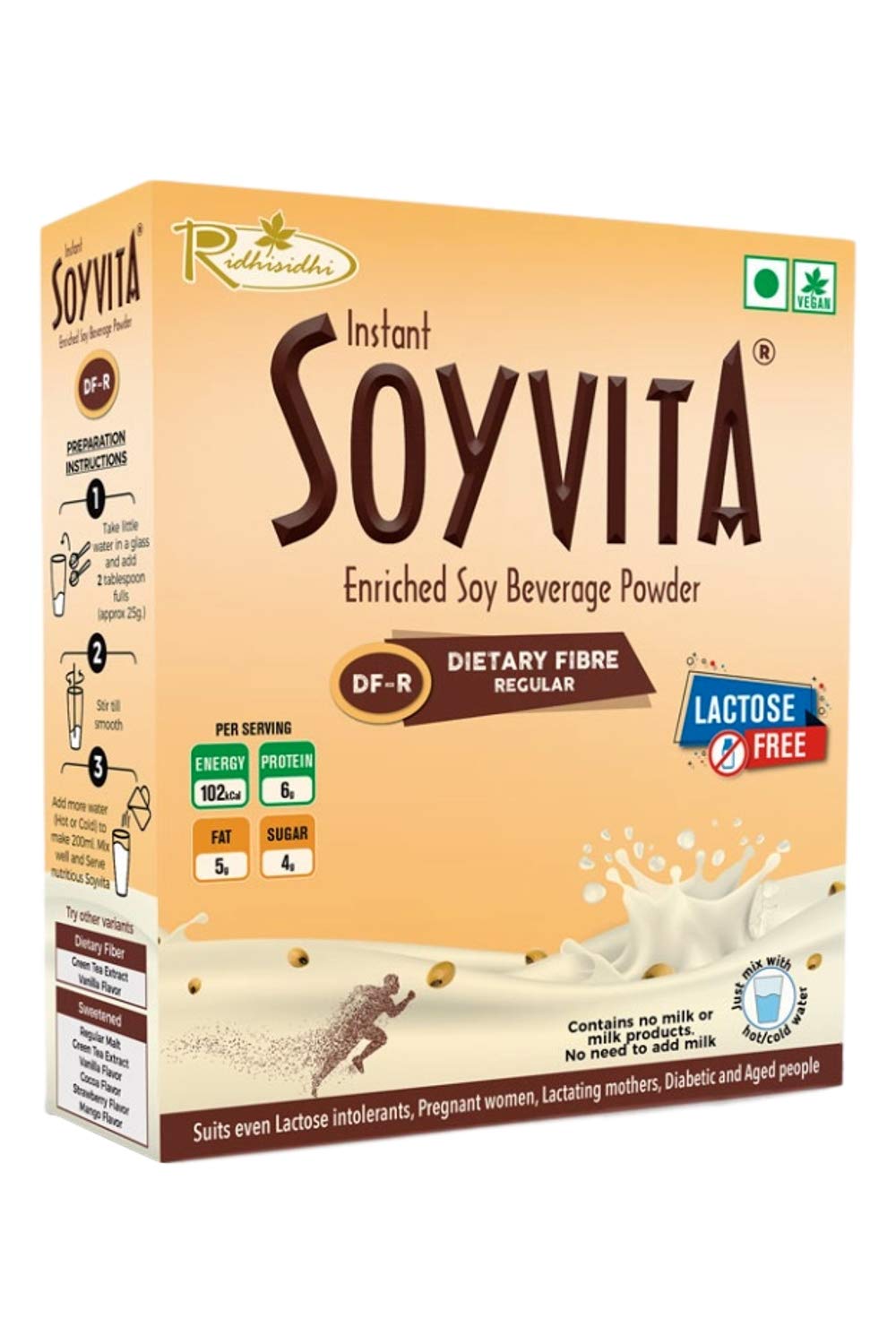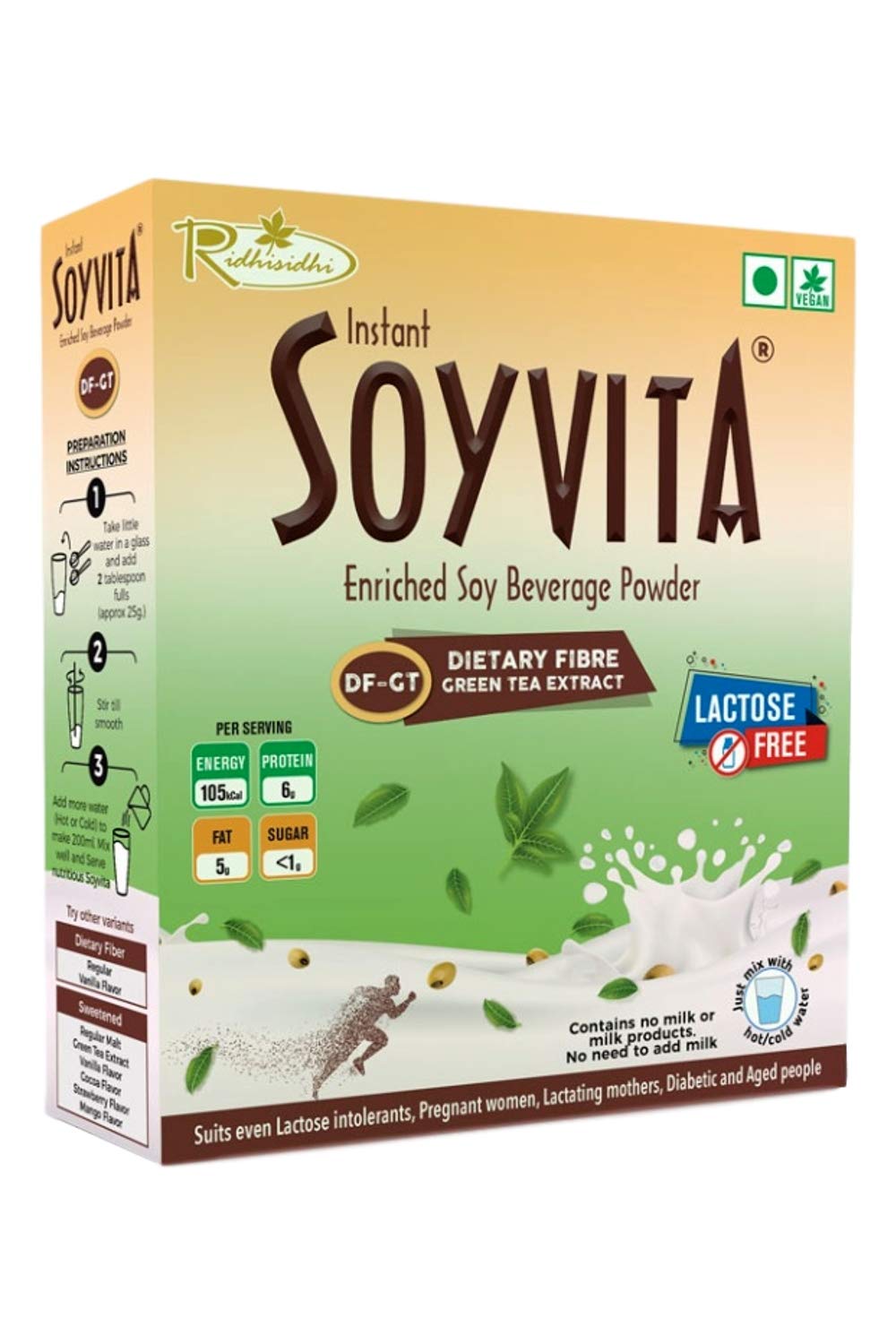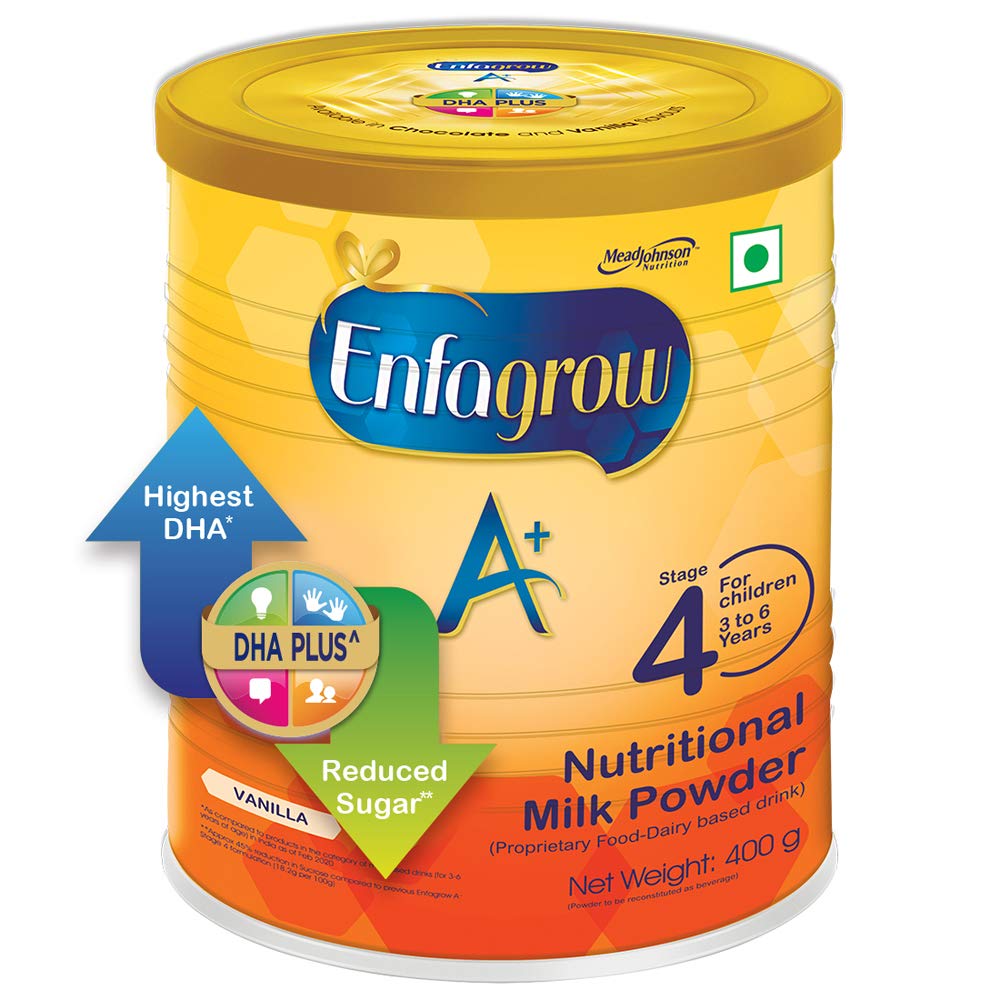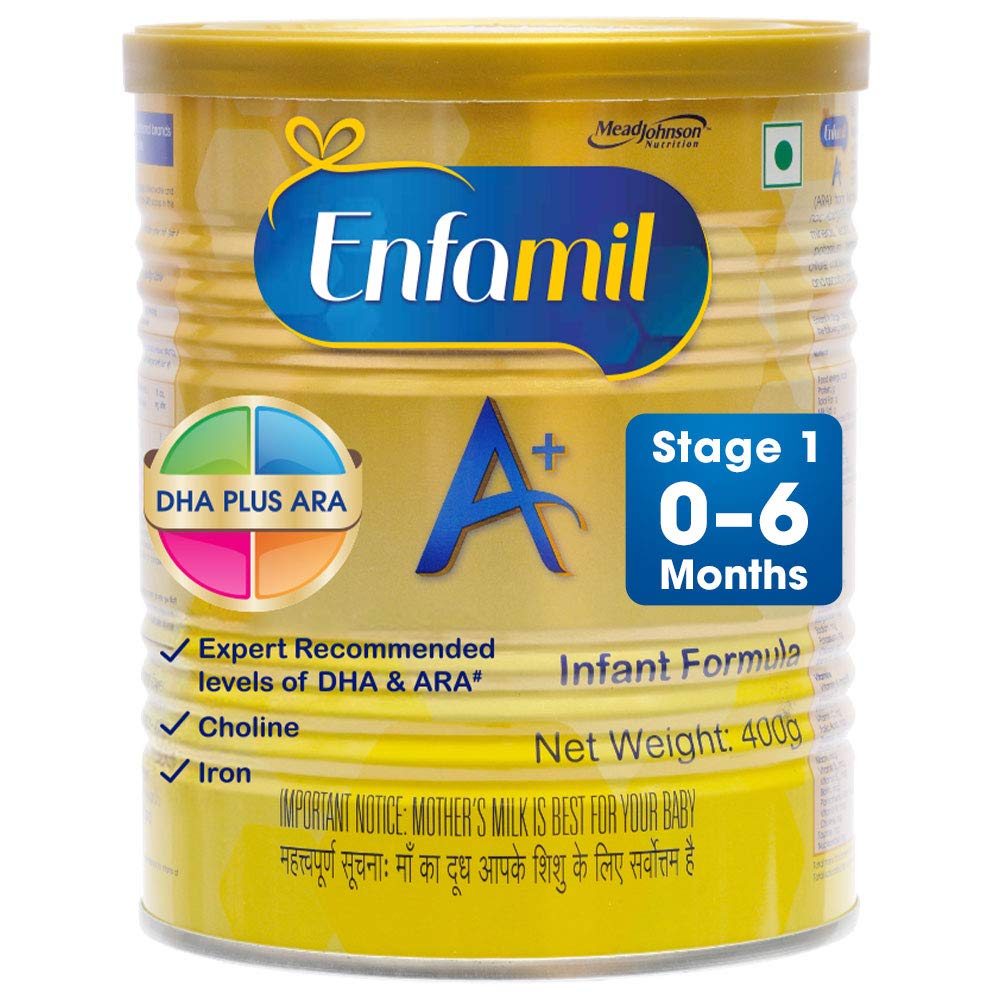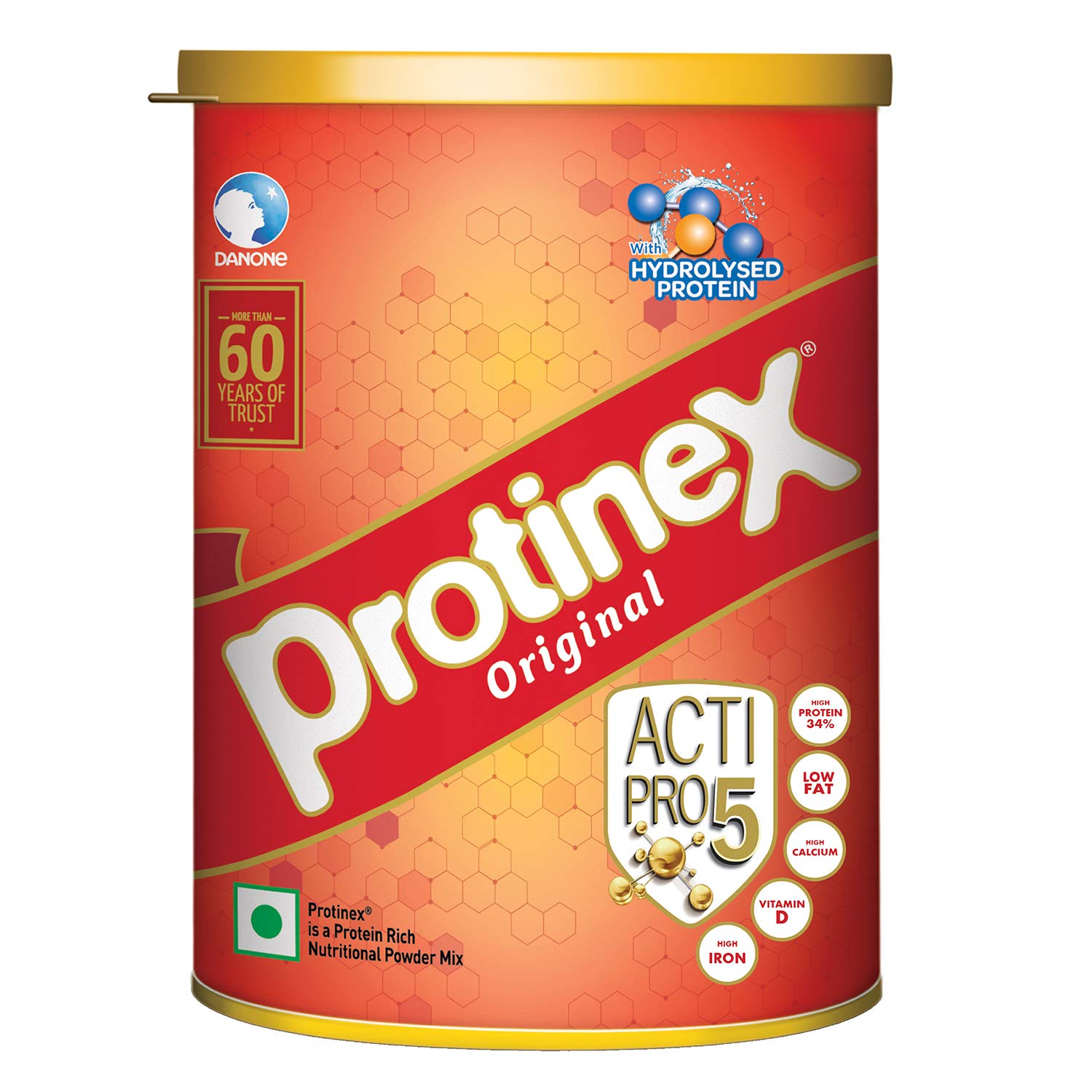Choline
Micronutrient
Last update date: November 08, 2023
Choline aids in metabolizing fats, maintaining cells and synthesis of DNA.
Frequently Asked Questions
1.
What is Choline?
Choline, an essential nutrient for your body, plays a crucial role in maintaining overall health and proper bodily functions. While your liver can produce small amounts, the majority of choline must come from your diet. It is an organic, water-soluble compound, not classified as a vitamin or mineral, yet often associated with the vitamin B complex due to similarities. With its impact on liver function, brain development, muscle movement, nervous system, and metabolism, choline is vital for your optimal well-being.
2.
What is positive impact of Choline?
Choline brings positive impacts on various aspects of your health. Consuming adequate amounts of choline has been linked to a reduced risk of cardiovascular diseases like heart disease and stroke. Furthermore, it contributes to maintaining cognitive function, including memory and learning abilities. Choline intake may help prevent age-related cognitive decline. It also aids in regulating metabolism and managing type 2 diabetes effectively. Additionally, choline shows promise in preventing and treating nonalcoholic fatty liver disease.
3.
What is negative impact of Choline?
While choline is essential for health, excessive intake can have negative effects. Very high doses of choline supplements may lead to rare side effects like sweating, fishy body odor, and gastrointestinal distress. However, it is important to note that these side effects occur with excessive consumption beyond the recommended amounts. Maintaining a balanced intake of choline within the dietary guidelines is crucial for optimal benefits.
4.
Who is most at risk for choline deficiency?
Choline supplementation should be avoided if you have bipolar disorder, as it may potentially worsen symptoms. Pregnant or breastfeeding women should consult healthcare providers before taking choline supplements to ensure safety and appropriate dosage. Choline does not have any known interactions with specific foods or medications. However, individuals with low folate levels may require higher choline intake, as folate and choline work together in certain metabolic processes.
5.
What foods are high in choline?
You can obtain choline from various dietary sources, primarily through phosphatidylcholine found in lecithin, a type of fat. Food sources rich in choline include beef liver, chicken liver, eggs, fresh cod, salmon, cauliflower, broccoli, and soybean oil. Including these choline-rich foods in your diet ensures an adequate intake of this essential nutrient.
6.
Which are symtoms of Choline deficiency?
While choline deficiency is rare, certain individuals are at an increased risk. Endurance athletes may experience lower choline levels during long endurance exercises such as marathons, but it remains unclear if choline supplementation improves performance. High alcohol intake can increase choline requirements and the risk of deficiency, especially with low overall intake. Postmenopausal women may be more prone to choline deficiency due to reduced estrogen levels affecting choline production in the body. Pregnant women also have increased choline requirements to support proper fetal development. Ensuring sufficient choline intake is particularly important during pregnancy to prevent deficiencies and promote healthy growth.
7.
What is the best form of choline to take?
The best source of choline is to consume egg yolks, liver, and fish in our diet


